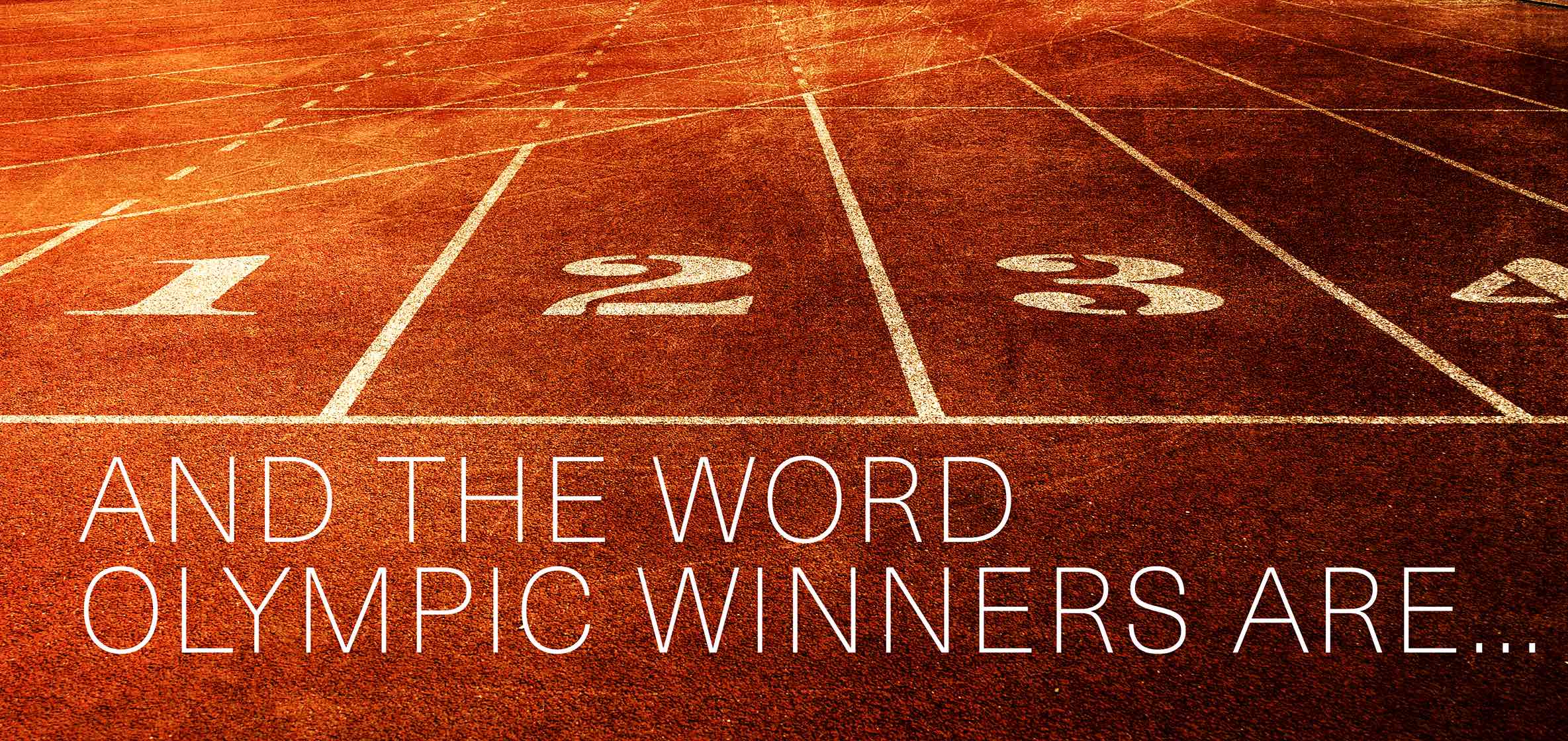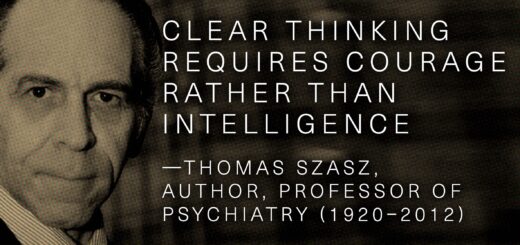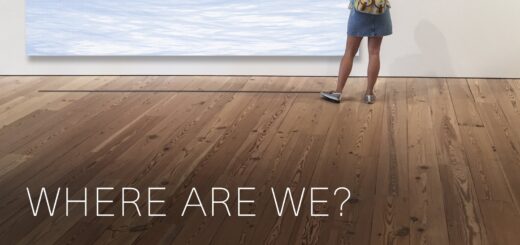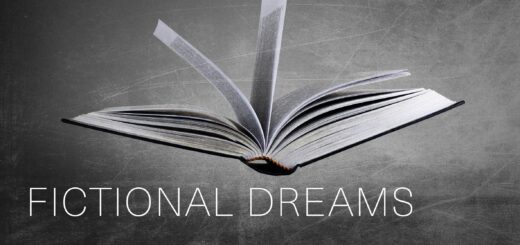And the Word Olympics winners are…

I am a firm believer that all words are not equal. Just as some athletes are able to out-perform others, some words majestically out-perform other words and I think it is both helpful and a lot of fun to celebrate the champions.
The Olympics is in many ways a celebration of the exceptional qualities of a relatively small number of exceptional athletes. We celebrate their strength, stamina, speed, skill, and determination – and the same could apply to a ‘Word Olympics’, only the qualities would differ. What might those qualities be? Poignancy, relevance, hopefulness, style, and sound all spring to mind.
Having recently written a book about standout words, I can easily think of ‘competitors’ for each quality (or ‘event’) and, just for a little fun, I am happy to go out on a limb and nominate some Word Olympics winners.
Poignancy
BRONZE: peripeteia – ‘a sudden or dramatic change; a crisis’ (this is the kind of crisis that knocks you down; ultimately from the Greek piptein, ‘to fall’).
SILVER: ubiety – ‘whereness; having a definite location; the state of existing and being localized in space’ (this is a precious quality that most of us seldom enjoy in our world of digital ubiquity and constant ‘inforuptions’ – we are everywhere and nowhere).
GOLD: karoshi – ‘death from overwork’ (a borrowing from Japan that says it all).
Relevance
=BRONZE: elozable – ‘amenable to flattery’ (who isn’t?).
=BRONZE: peccable – ‘liable to sin and error’ (ditto).
SILVER: plutomania – ‘excessive or frenzied pursuit of wealth’ (sound familiar?).
GOLD: velleity – ‘volition at its lowest level’ (this word effectively means ‘to care about something but not enough to do anything about it’ and it describes a current failing in our over-busy society that is eminently relevant and worthy of discussion).
Hopefulness
BRONZE: irenical – ‘conducive to or operating toward peace’.
SILVER: proficuous – ‘profitable; beneficial, useful’ (just imagine a world in which all economic activity was proficuous – that’s a world I certainly hope for).
GOLD: dolorifuge – ‘something that banishes or mitigates grief’.
Style
BRONZE: zaftig – ‘pleasingly plump’ (a bolter from Yiddish – interestingly, a language without a country and without a word for ‘weapons’ – that, given the word was only coined in the 1930s, is a powerful reminder of just how fickle our notion fashionability is at any one point in time).
SILVER: armamentarium – ‘the total store of available resources’ (an altogether superior word for an altogether superior ‘tool box’).
GOLD: sprezzatura – ‘ease of manner, studied carelessness; the appearance of acting or being done without effort’ (a borrowing from Italian – of course! – think James Bond, Pavarotti, Johnny Depp).
Sound
BRONZE: pandiculation – ‘a stretching and stiffening, especially of the trunk and extremities (as when fatigued and drowsy or after waking from sleep)’.
SILVER: sprezzatura – a second medal for this delicious word.
GOLD: papilionaceous – ‘resembling a butterfly; butterfly-shaped’.
I can think of other ‘events’, like etymology (gold to zemblanity), sauciness (gold to cryptoscopophilia), and silliness (gold to millihelen), but I’ll leave all that celebrating to my book, which is a kind of gallery for fine words, and which I hope you will delve into the next time you are in a bookstore.
But I will end here with a standout word for our team of exceptional athletes in Beijing: nikhedonia – ‘the pleasure of anticipating victory or success’. Bring it on!
First published by New Zealand Book Month, August 5, 2008


